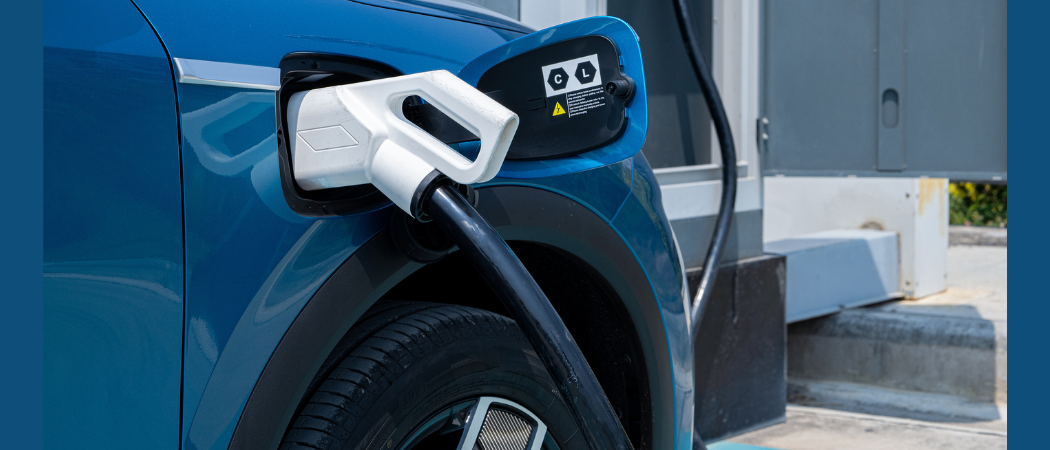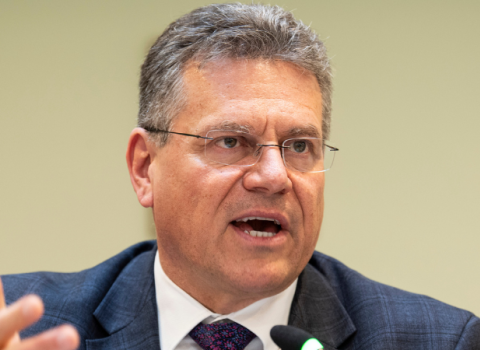New report by the European Court of Auditors shows battery R&D is uncoordinated, leaving gaps and leading to duplication of effort

The European Commission needs to align its battery research funding with the EU’s overall technology roadmap, according to a report published by the European Court of Auditors on Monday.
The auditors analysed 15 grants to battery research projects, of which six were not guided by any agreed roadmap, while two others were only partially covering the priorities of the roadmap.
“The fact that a technological roadmap is not systematically used as one of the criteria for the awarding of EU funding to battery projects is detrimental to the EU’s R&I effort because it increases the risk of gaps and overlaps in the research work conducted by different stakeholders at EU level,” the auditors say.
Over the past few years, the Commission has improved the alignment of battery research funding under Horizon 2020 and Horizon Europe, but before 2017 the bloc did not have a commonly agreed roadmap to guide EU and national authorities in setting up priorities for co-funded research on batteries.
As a result, the audit shows that EU funding for battery projects was scattered among different calls covering a wide spectrum of research areas and technologies. Under Horizon 2020, battery projects worth €500 million were funded under calls ranging from green vehicles, to advanced materials and energy storage.
With no technological roadmap, the Commission was not able to ensure these projects were consistent with each other, the audit report says.
Things improved after 2017, when the Commission came up with specific technology roadmaps and a Strategic Energy Technology (SET) implementation plan on batteries, which prioritised ten specific research and innovation activities along with technical targets and delivery timeframes. Out of 15 different battery-related topics in Horizon calls for 2019 and 2020, eight referred to the SET plan on batteries. Batteries were also included in the Commission’s 2020 strategic research agenda.
However, in member states, managing authorities awarded financial support from European Regional Development Fund (ERDF) to battery projects without requiring an alignment with any of the technological roadmaps promoted at the European level. Funding for batteries was typically provided under the ERDF’s wider objective of strengthening research, technological development and innovation.
The report also notes that EU funded research and innovation projects on batteries are falling short of the political ambitions. Targets for selected key performance indicators in the technology roadmaps have not been met by industrial and research stakeholders.
Of a sample of eight completed projects analysed by the auditors, only two fully delivered on their technical promises, while six others partially reached initial technical targets. Most audited projects resulted in further research or contributed to the submission of battery-related patents, but in no cases did any marketed products result.
Since 2014, the EU spent at least €1.7 billion in grants and loan guarantees on batteries, on top of €6 billion in state aid to the European battery industry, allocated between 2019 and 2021.
The investment is meant to prepare the EU industry for the transition to electric cars after 2035, when internal combustion engines are due to be discontinued. Nearly 20% of new cars registered in the EU in 2021 were electric, but there is a reliance on imported batteries from China, which accounts for 76% of global production capacity.
The audit report notes that while the Commission has improved the alignment of research funding with a common technology roadmap, the technical targets set in the various editions of the roadmap are not always being achieved.
In response, the Commission has announced that a new European Technology and Innovation Platform for batteries will produce an updated roadmap that identifies strategic research areas in the field. Also, the Commission notes that the Batteries European Partnership Association and Batteries Europe will update the strategic agenda of the Batt4EU partnership.





 A unique international forum for public research organisations and companies to connect their external engagement with strategic interests around their R&D system.
A unique international forum for public research organisations and companies to connect their external engagement with strategic interests around their R&D system.